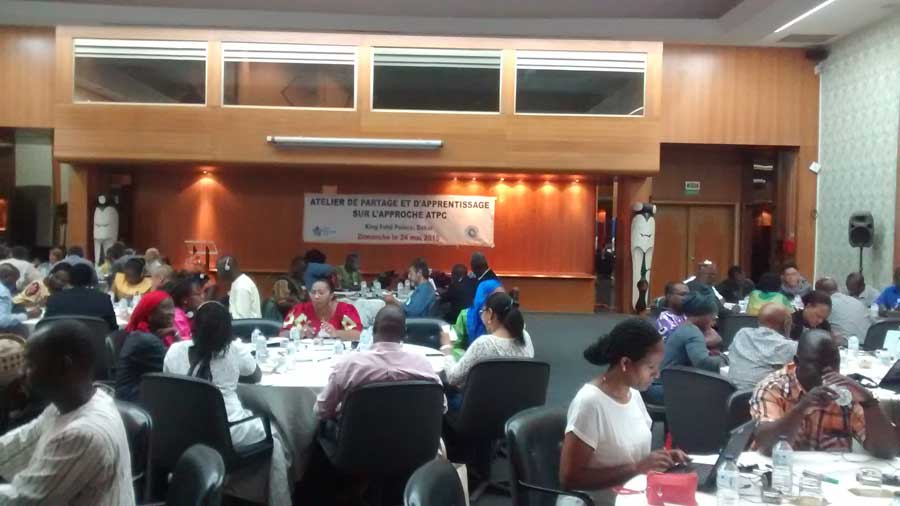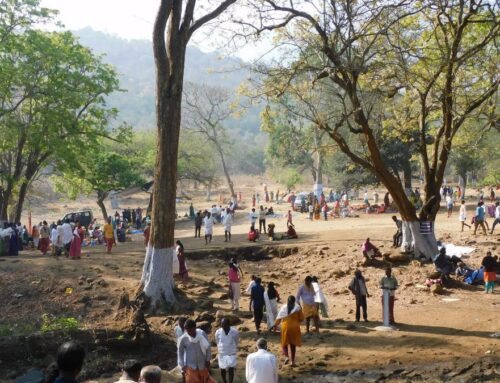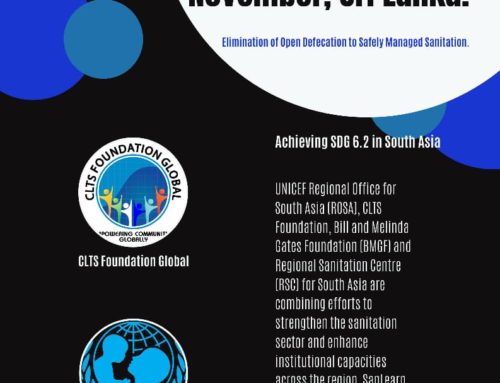
The workshop in progress
The CLTS Foundation team participated at the one day CLTS Sharing and Learning workshop hosted by CLTS Knowledge Hub and Water Supply and Sanitation Collaborative Council (WSSCC) at King Fahd Palace Hotel on May 24, in Dakar, Senegal. The workshop was attended by WASH practitioners and consultants from NGOs, international agencies, government and research institutions.
The workshop was a great opportunity to discuss and share experiences, ideas, challenges, and innovations in the implementation of CLTS programmes in various countries.
Some of the recurrent themes that came up during the discussions were harmonization of CLTS programmes at the institutional level, technological challenges, and the problems faced during monitoring and evaluation of CLTS programmes. There a consensus among participants that governments should play a crucial part in CLTS programmes.
While discussing innovations in various countries, Dr. Josea Ratsirarson, Country Representative, Medical Care Development International (MCDI), spoke about ‘Institutional triggering’ which has been very successful in Madagascar. Institutional triggering is the process of mobilizing institutional support for CLTS. The outcome of successful institutional triggering in his country has been the development of a national roadmap to reach an ODF Madagascar by 2018.

Closing of the workshop
At the closing of the workshop, CLTS pioneer Dr Kamal Kar thanked the participants for sharing their views and experiences and also for highlighting the key challenges facing CLTS programmes across Africa. He said that in Chad and Ghana, communities which were ODF because of CLTS interventions experienced a sharp decline cases of cholera. Therefore, there is enough evidence on the effectiveness of the approach, however one of the biggest issues that need to be addressed is scaling up with quality. He said that Madagascar has shown that how CLTS can be scaled by involving institutional actors at various levels and he said that he was hopeful that very soon other African countries would also catch up.
May 28, 2015




Leave A Comment